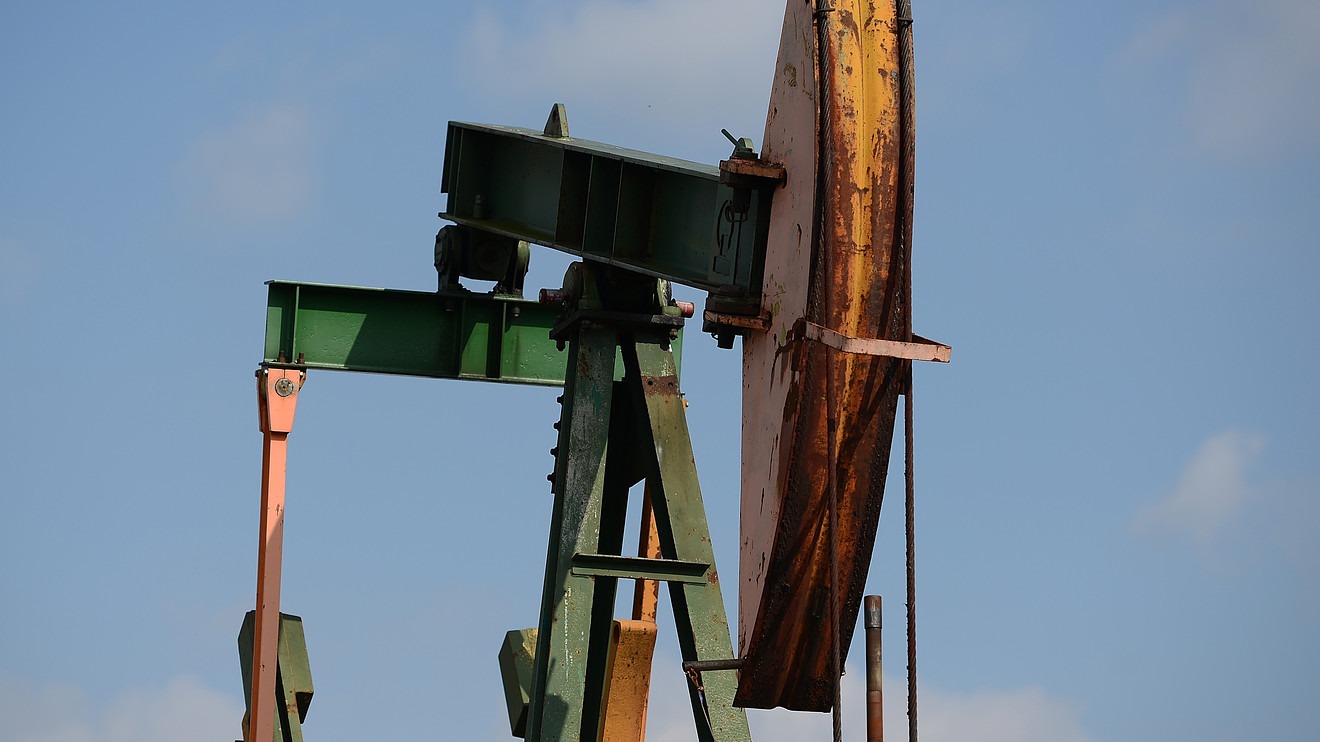With over 36 billion barrels of oil and 200 trillion cubic feet of natural gas, as well as the active participation of global oil majors including TotalEnergies, Shell, Chevron, and ExxonMobil, Nigeria is intensifying efforts to exploit its significant resources and establish itself as a globally competitive oil and gas industry. With the country experiencing a downturn in production – attributed to ageing oilfields, non-performing marginal fields, OPEC enforced production cuts and the global pandemic – as well as declining investment trends, the government has made significant progress to enhance upstream activity and attract investment back into the sector.
Notwithstanding the recently passed Petroleum Industry Bill (PIB) – which has been a key driver in attracting foreign capital – Nigeria’s refocusing on marginal field developments has enhanced both domestic and international investment as well as local company participation. The country has 57 marginal oilfields in the resource-rich Niger Delta area, and by incentivizing development, the government is committed to increasing revenue generation, job creation, technology transfer and opportunities for indigenous firms.
In a bid to monetize marginal field resources across the country and increase indigenous company participation, the Department of Petroleum Resources (DPR) launched a Marginal Bid Round on the June 1, 2020 – the first to be launched in 18 years. With 57 oilfields on offer, the demonstrated interest was astounding, leading to 591 companies applying to be pre-qualified for the bid rounds. To date, 161 applicants have been shortlisted of which 50% have met the conditions and have been awarded the rights to develop.
The marginal bid round marks a significant moment for the country’s energy sector, and demonstrates the value that local companies will continue to play in driving oil and gas exploration and production. Bid round winners included Nigerian firms A.A. Rano Nigeria Limited; Shafa Exploration, Matric Energy, and Vhelblerg Exploration, to name a few. With over $500 million expected to be generated from the signature bonuses for the 57 marginal oilfields, the country has not only created the opportunity to significantly enhance local company participation, but has driven up revenue, job creation, and local capacity.
Marginal fields have a role to play in increasing domestic production capacity, which has been evident with the first Nigerian marginal bid round in 2003. Since the bid round, 16 marginal fields have been producing, contributing two percent of total daily production in the country. The recent bid round is expected to significantly increase this figure, demonstrating the value of marginal fields, the role of domestic upstream companies, and the opportunities that demonstrated political will can create for energy sector growth.
“Nigeria can serve as a trend for other resource-rich countries looking to monetize marginal field resources. The country’s successful marginal bid round in 2020, coupled with an investment ready domestic sector and market driven PIB, will significantly increase oil and gas investment despite the reduced capital expenditure climate. At African Energy Week (AEW) in Cape Town, Nigeria will not only promote its marginal field success, but drive a strong discussion on resource monetization, investment strategies, and capacity building regarding the domestic oil and gas sector,” stated NJ Ayuk, Executive Chairman of the African Energy Chamber (AEC).
With a primary focus on emphasizing the role that the oil and gas industry plays in Africa’s energy future, AEW 2021 in Cape Town is focused on promoting Nigeria’s sectoral achievements, including the PIB and the marginal bid round. By providing a platform for enhanced dialogue and increased engagement for African and international stakeholders, AEW 2021 is dedicated to driving the future of African oil and gas. With a Nigerian delegation coming to Cape Town in November, led by H.E. Chief Timipre Sylva, Minister of State of Petroleum, and Nigerian National Petroleum Corporation Group Managing Director Mele Kyari, Nigerian investment opportunities will be showcased to global stakeholders, including both large- and small-scale developments.
AEW 2021, in partnership with South Africa’s Department of Mineral Resources and Energy DMRE, is the AEC’s annual conference, exhibition and networking event. AEW 2021 unites African energy stakeholders with investors and international partners to drive industry growth and development and promote Africa as the destination for energy investments.



 News3 weeks ago
News3 weeks ago


 Business3 weeks ago
Business3 weeks ago


 Technology3 weeks ago
Technology3 weeks ago
 Investment3 weeks ago
Investment3 weeks ago


 Banking Sector3 weeks ago
Banking Sector3 weeks ago
 Banking Sector3 weeks ago
Banking Sector3 weeks ago
 Appointments3 weeks ago
Appointments3 weeks ago
 Investment3 weeks ago
Investment3 weeks ago

















